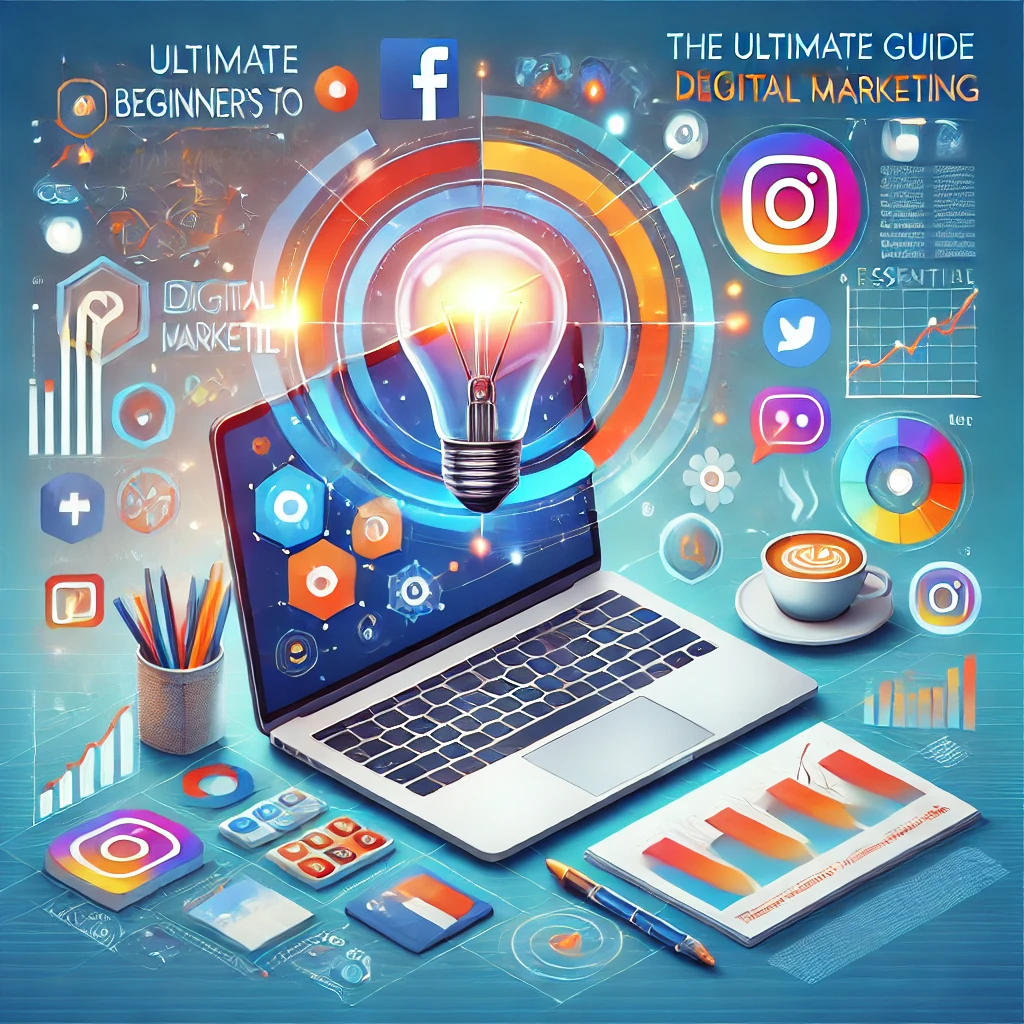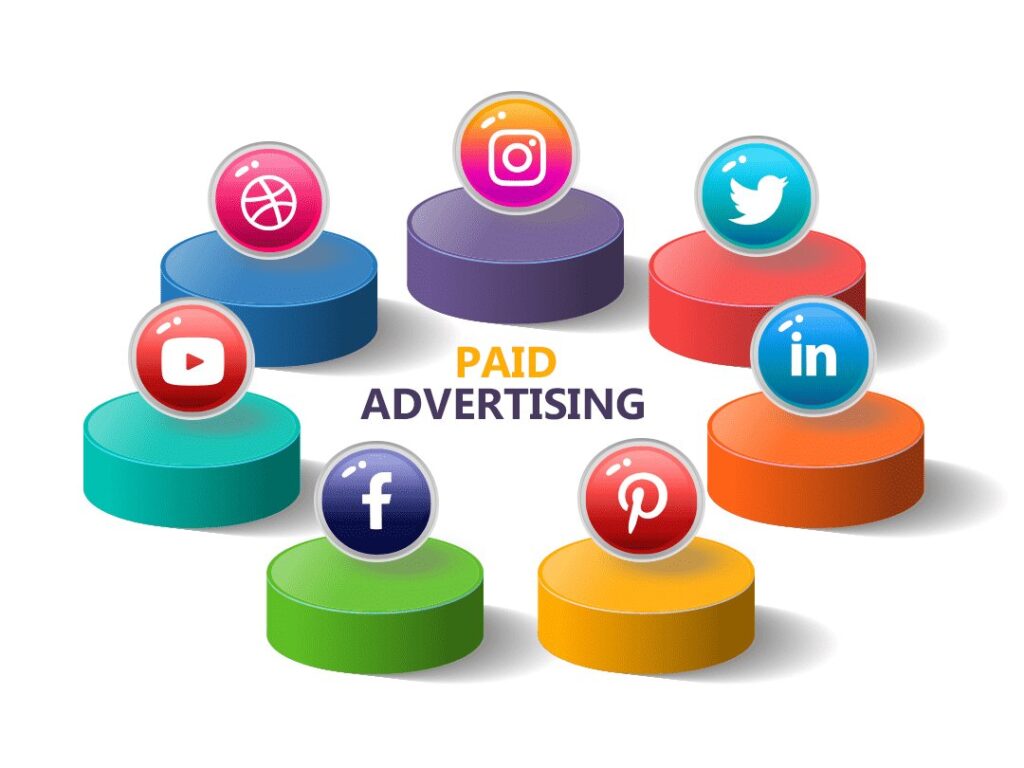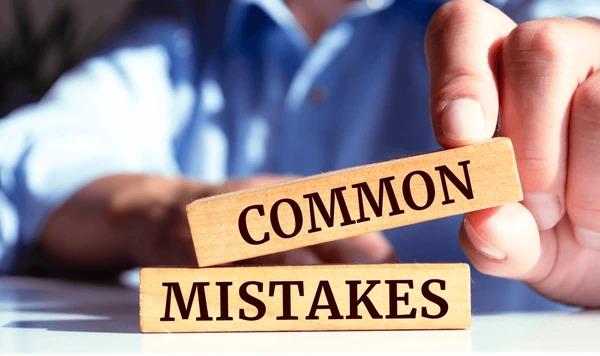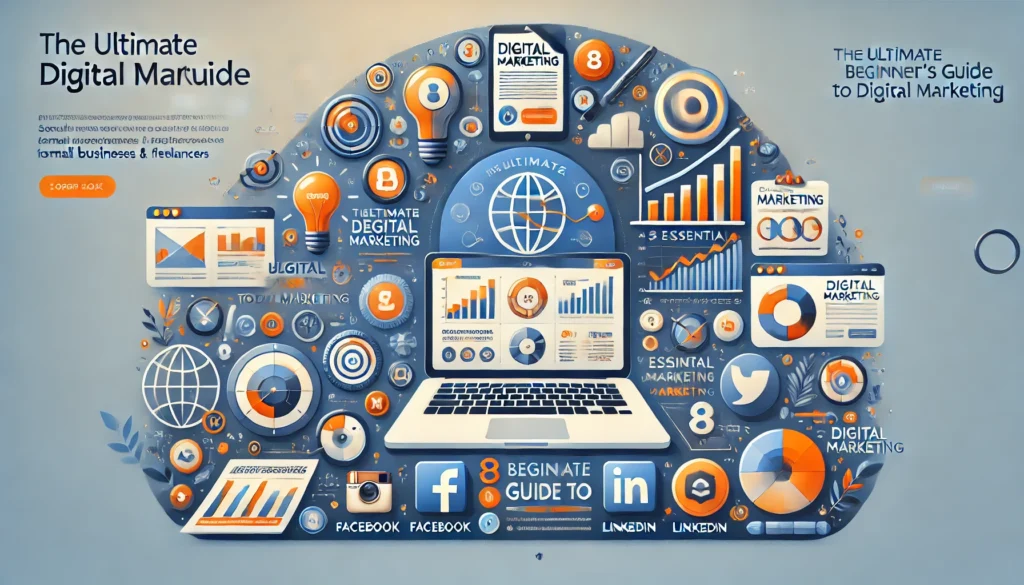Introduction: Guide to Digital Marketing is Crucial for Your Success
In today’s fast-paced digital world, every small business and freelancer needs a strong online presence to succeed. Digital marketing isn’t just a buzzword—it’s the key to reaching potential customers, building lasting relationships, and driving business growth.
If you’re just starting out in the world of digital marketing, it can feel overwhelming. With so many strategies, tools, and platforms to explore, where do you even begin?
This guide to digital marketing will walk you through the 8 essential digital marketing strategies every beginner should know. Whether you’re running a small business or offering freelance services, these strategies will help you build your brand and grow your online presence.
What is Digital Marketing?
Digital marketing refers to all marketing efforts that use the internet or electronic devices to reach customers. Unlike traditional marketing (think billboards, TV ads, etc.), digital marketing enables businesses to reach people online, whether they’re browsing on social media, searching on Google, or reading an email.
Some common types of digital marketing include:
- SEO (Search Engine Optimization): Getting your website to rank higher in search engines.
- Content Marketing: Creating valuable content that educates, entertains, or informs your audience.
- Social Media Marketing: Using platforms like Facebook, Instagram, and LinkedIn to connect with your audience.
- Email Marketing: Sending targeted emails to nurture and convert leads.
- Paid Ads: Running ads on platforms like Google or Facebook to drive targeted traffic to your website.
8 Essential Digital Marketing Strategies for Beginners

Now that you know what digital marketing is, let’s dive into the 8 strategies to complete the guide to digital marketing that you should focus on as a beginner. Each one is designed to be easy to understand and implement, even if you have no prior experience.
1. Build an Online Presence with a Website
A strong website is the foundation of any digital marketing strategy. It’s where potential customers will learn about your business, browse your products or services, and decide whether or not to make a purchase.
Actionable Tips:
- Use website builders like Wix, Squarespace, or WordPress to create your website, even if you have minimal technical skills.
- Keep your website simple, clean, and easy to navigate. Focus on clear calls-to-action (CTAs) that guide visitors to take the next step—whether it’s signing up for a newsletter or purchasing a product.
- Ensure your website is mobile-friendly. With more people browsing the internet on their phones, a mobile-optimized site is essential for success.
2. Get Found with SEO (Search Engine Optimization)
SEO is the practice of optimizing your website so that it ranks higher on search engines like Google. When done right, SEO brings in organic traffic (people who find you through search engines) without you having to pay for ads.
Actionable Tips:
- Keyword Research: Identify keywords your target audience is searching for using tools like Ubersuggest, Ahrefs, or Google’s Keyword Planner. Focus on long-tail keywords (more specific phrases) that are less competitive.
- On-page SEO: Optimize your website’s content by including keywords in titles, headers, and meta descriptions. Also, make sure your site loads quickly and has a clean, structured URL.
- Content Creation: Write valuable content (like blogs or guides) around your target keywords to improve rankings. Google loves fresh, high-quality content.
3. Social Media Marketing: Connect with Your Audience
Social media is a powerful tool for engaging with your audience and driving traffic to your website. Whether you’re posting photos on Instagram, sharing updates on Facebook, or participating in discussions on LinkedIn, social media helps you stay connected with current and potential customers.
Actionable Tips:
- Choose platforms where your target audience hangs out. For instance, Instagram and Facebook are great for B2C (business-to-consumer) businesses, while LinkedIn is ideal for B2B (business-to-business) services.
- Post regularly and engage with your audience. Respond to comments, ask questions, and join conversations.
- Use hashtags to increase the visibility of your posts and reach a wider audience.
4. Content Marketing: Value Over Sales
Content marketing is about creating valuable, informative, or entertaining content that helps solve your audience’s problems. Instead of pushing for a sale, you’re focusing on building trust and offering value.
Actionable Tips:
- Start a blog on your website to answer common questions, share industry insights, or offer how-to guides.
- Repurpose your content across different formats (e.g., turn a blog post into a video, infographic, or social media post).
- Focus on consistency. Publish regularly, whether that’s once a week or biweekly.
5. Paid Ads: Scale Quickly with Budget-Friendly Campaigns
Paid advertising can help you get immediate results, especially if you’re trying to scale quickly. Platforms like Facebook Ads, Google Ads, or Instagram Ads allow you to target specific demographics, interests, and behaviors to drive highly targeted traffic to your website.

Actionable Tips:
- Start small. Test ads with a limited budget to see what works before scaling up.
- Use A/B testing to compare different versions of your ads (e.g., different headlines, images, or CTAs) to determine which performs best.
- Track your return on investment (ROI) to ensure you’re getting value for your ad spend.
6. Email Marketing: Nurture Your Leads
Email marketing remains one of the most powerful ways to nurture leads and build relationships with potential customers. Whether you’re sending out a monthly newsletter or personalized offers, email keeps you connected with your audience.
Actionable Tips:
- Build an email list: Offer a freebie (like an e-book or a checklist) in exchange for email sign-ups.
- Use email marketing platforms like Mailchimp, ConvertKit, or ActiveCampaign to automate your email campaigns and segment your list based on user interests.
- Keep your emails short, clear, and personalized. Include a strong CTA that tells your subscribers what action to take next.
7. Analyze and Measure: Let Data Drive Decisions
Digital marketing is data-driven. Without tracking and measuring your efforts, you won’t know what’s working or where to improve.
Actionable Tips:
- Set up Google Analytics on your website to track visitors, bounce rates, and other important metrics.
- Use platform-specific analytics (e.g., Facebook Insights or Instagram Analytics) to understand which posts are driving engagement.
- Regularly review your data to tweak and optimize your campaigns for better performance.
8. Build a Personal Brand to Stand Out
As a small business or freelancer, building a personal brand helps you stand out in a crowded market. Your brand is how you present yourself to the world—your values, voice, and unique qualities.
Actionable Tips:
- Share your story. Let people know who you are, what you stand for, and why you’re passionate about your business.
- Show up consistently on social media and interact with your audience.
- Position yourself as an expert by sharing knowledge, offering advice, and engaging in industry discussions.
How to Get Started: Step-by-Step Action Plan
Now that you know the 8 strategies, let’s break it down into a simple, step-by-step action plan for beginners to complete the overview of guide to digital marketing:
- Create Your Website: Use a website builder to launch your site.
- Start SEO: Begin keyword research and optimize your website for search engines.
- Engage on Social Media: Set up accounts on the most relevant platforms and start posting.
- Create Content: Write blogs, create videos, and repurpose your content across channels.
- Run Paid Ads: Start small with Facebook or Google Ads.
- Launch Email Campaigns: Start building an email list and send your first campaign.
- Track Performance: Use Google Analytics to monitor your results.
- Build Your Brand: Share your story and consistently engage with your audience.
Common Mistakes to Avoid
- Don’t try to do everything at once: Start with one or two strategies and master them before adding more.
- Ignoring analytics: Always measure and optimize based on your data.
- Underestimating consistency: Success in digital marketing doesn’t happen overnight. Stay consistent and be patient.

Conclusion: Digital Marketing is a Journey
Digital marketing is not a one-time project but an ongoing journey. The strategies outlined in this guide to digital marketing will help you build a strong foundation and grow your online presence step by step.
Remember, consistency and patience are key to success. Keep learning, testing, and adapting as you go, and you’ll soon see your efforts pay off. I hope this guide to digital marketing will help you to grow your small business or career in digital marketing.
Get Started Today: Ready to dive into digital marketing? Start with just one of these strategies and watch your business grow! You can learn more about Guide to start a Digital Marketing Career



